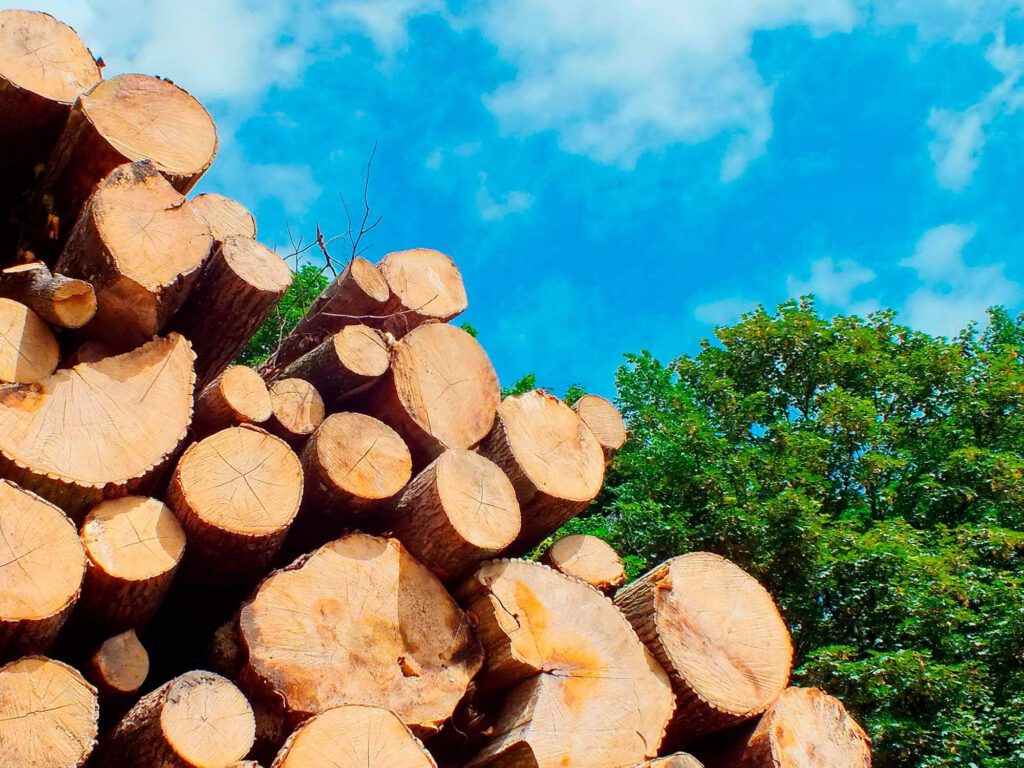When I started at a research centre more than 20 years ago, my colleagues of the environment department were already working on plastic waste management since being an acute global problem.
Nowadays, global plastic production probably exceeds 400-450 million tonnes, and this consumption will irretrievably increase the next years, as it has been the case over this period. In this scenario, associated plastic pollution will, thus, continue to grow, unless a holistic global framework to deal with this crisis is established.
I agree that it is necessary to reduce the excessive consumption of plastic products, as well as to control the unsound disposal, but I would also like to stand up for the polymer materials as critical products to modern life. Polymers (a more general and adequate term) promote outstanding advances in technology (cell phones, computers,….), biomedicine, health, safety, transport, clothes, fossil fuels and energy saving, storage of healthy food and efficient building, among many others. The advantages from the versatility and low cost of plastics cannot be denied. Many developments and products could not be available to all of us without the progressive technological innovations in polymer science.
Biobased raw materials and chemicals are in key role
However, more environmentally friendly alternatives concerning plastics must be the focus of the global policies, industry, and more conscious users. Effective management of natural resources to produce polymers, where biobased raw materials and chemicals must play a key role, is essential. The promotion of recycling and reuse of plastic products is also crucial and mandatory to diminish the ‘white pollution’ and to help our planet and our health (present and future). Responsible consumption of plastics is obviously fundamental too. Nevertheless, among these and many other issues, I would like to dwell in biodegradable plastics.
Biodegradability and compostability of polymeric materials are very complex issues. The opportunities and hopes for the use of ‘biodegradable’ plastics, together with the optimistic and negative related news, are constantly changing. It must be noted that ‘bio’ and ‘biodegradable’ are used as a green marketing strategy by exploiting the absence of more precise regulation and information for users. However, under strict supervision without an associated wrong message, it should not be forgotten that biodegradable and compostable polymers are also a complementary instrument for the rational use of plastics and natural resources.
Clear legislation and information needed
Biodegradable and compostable materials break down into carbon dioxide, water, salts and biomass within a defined period of time by the action of different and particular micro-organisms in specific conditions. These conditions are totally different in the open environment, home composting and industrial composting. This environment and the characteristics of the polymer totally affects the rate and extent of bio-breakdown, where ‘bio-plastics’ are not always biodegradable or compostable.
For example, some natural polymers, cellulose and polyhydroxybutyrate (PHB) have proven biodegradability in different conditions like marine environment, fresh water, soil, home composting, landfill, anaerobic digestion, and industrial composting. However, a very popular plastic like PLA (Polylactic acid) is just biodegradable under industrial composting conditions and have proven biodegradability under anaerobic digestion for some specific grades. Then, this is just an example of the complex scenario where biodegradable polymers are no panacea but could play a complementary role within a regulated and holistic bio-waste treatment strategy. In this context, suitable legislation and information would avoid both inappropriate waste management and misunderstanding message about thoughtless consume and free littering of plastics.
Polymer science enables better materials for a better life
FRACTION project, as many other public and private research actions, works in new biodegradable polymers from bio-based chemicals (from renewable resources), within this global bio-economy framework towards effective and more sustainable processes and material solutions. Polymer science has proven to be an effective tool enabling better materials for a better life. Sustainability is the challenge where support to research and development in bioplastics will result in new encouraging materials. In other words, I remain hopeful that all the actors working together in partnership will reach different solutions, and maybe some are biodegradable.
Dr. Jose María Cuevas. Chemist and researcher of the Sustainable Composites and Functional Polymers Department at GAIKER Technology Centre, where he performs R&D activities and project management.
